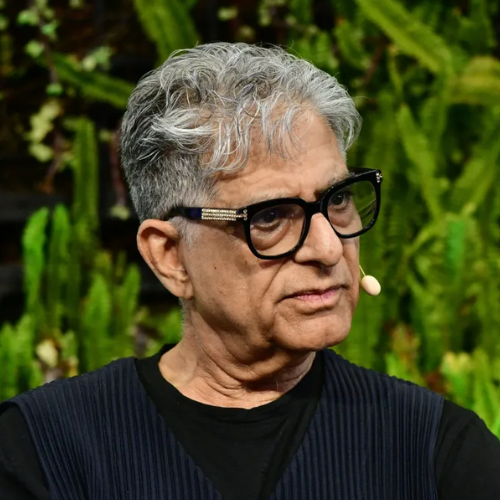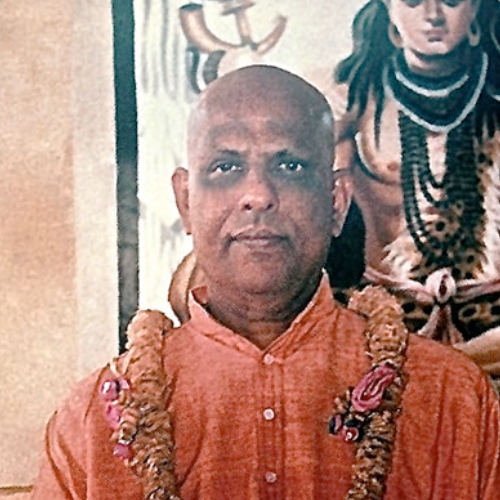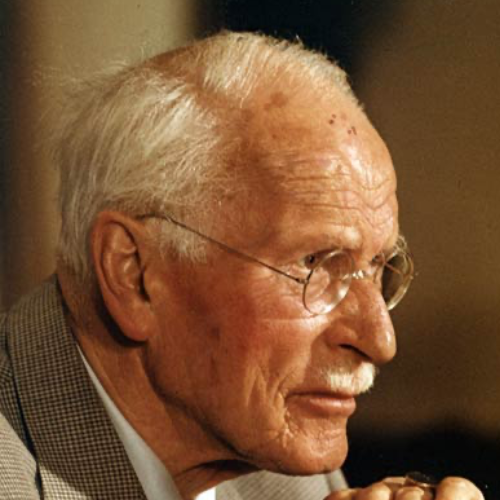Luxury is experiencing reality
Nowness or the magic of the present moment is what joins the wisdom of the past with the present.
Whatever shakes you should without delay, right away, be incorporated into the path.
We are always in transition. If you can just relax with that, you'll have no problem.
By means of meditation, I feel that we have planted dynamite to transcend the world of confusion. So it would be good if you could practice meditation as much as you can, as much as physically and psychologically possible. You could become more clear and sane, and you could also influence the national neurosis in that way.
Artistic vision comes from a mind clear enough to fall in love with what we see.
Compassion is not having any hesitation to reflect your light on things
We are threatened by the now so we jump to the past or the future.
Compassion has nothing to do with achievement at all. It is spacious and very generous. When a person develops real compassion, he is uncertain whether he is being generous to others or to himself because compassion is environmental generosity, without direction, without "for me" and without "for them". It is filled with joy, spontaneously existing joy, constant joy in the sense of trust, in the sense that joy contains tremendous wealth, richness.
Fearlessness comes from working with the softness of the human heart.
Sit and do nothing. Every once in a while a golden fish swims by and lays her golden eggs. You'll know.
Watchfulness is experiencing a sudden glimpse of something without any qualifications - just the sudden glimpse itself.
When one is able to overcome the romantic and emotional attitude, one discovers truth even in the kitchen sink.
The experience of a sad and tender heart is what gives birth to fearlessness. Conventionally, being fearless means that you are not afraid or that, if someone hits you, you will hit him back. But we aren't talking about that street-fighter level of fearlessness. Real fearlessness is the product of tenderness. It comes from letting the world tickle your heart, your raw heart. You are willing to open up, without resistance or shyness, and face the world.
When you drop your unnecessary things, you finally can swoop and fly in vast space. It is so blue, so bright, and so nice, so airy and fresh. You can stretch your wings and breathe the air. You can do anything you want. You have experienced cheerfulness and joy, and finally the bliss of freedom occurs in you.
No one can stop or control your thought process or your thinking. You can think anything you want. But that doesn't seem to be the point. The thinking process has to be directed into a certain approach... not in accord with certain dogma, philosophy, or concepts. Instead, one has to know the thinker itself.
That is the basic pattern of this kind of meditation, which is based on three fundamental factors: first, not centralizing inward; second, not having any longing to become higher; and third, becoming completely identified with here and now.









